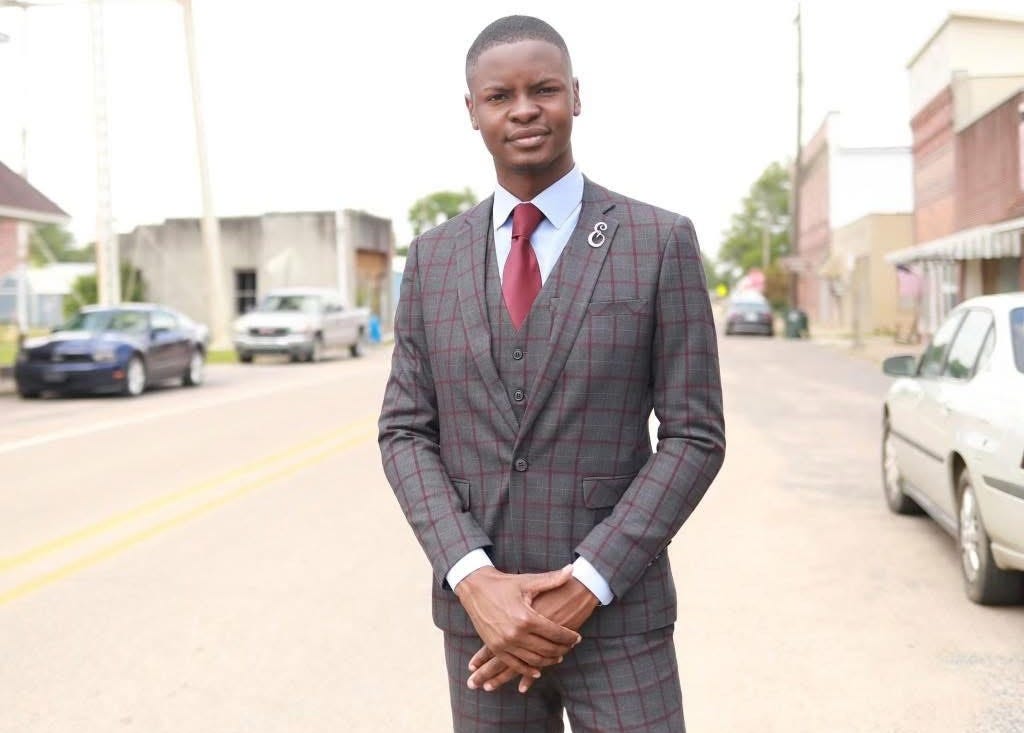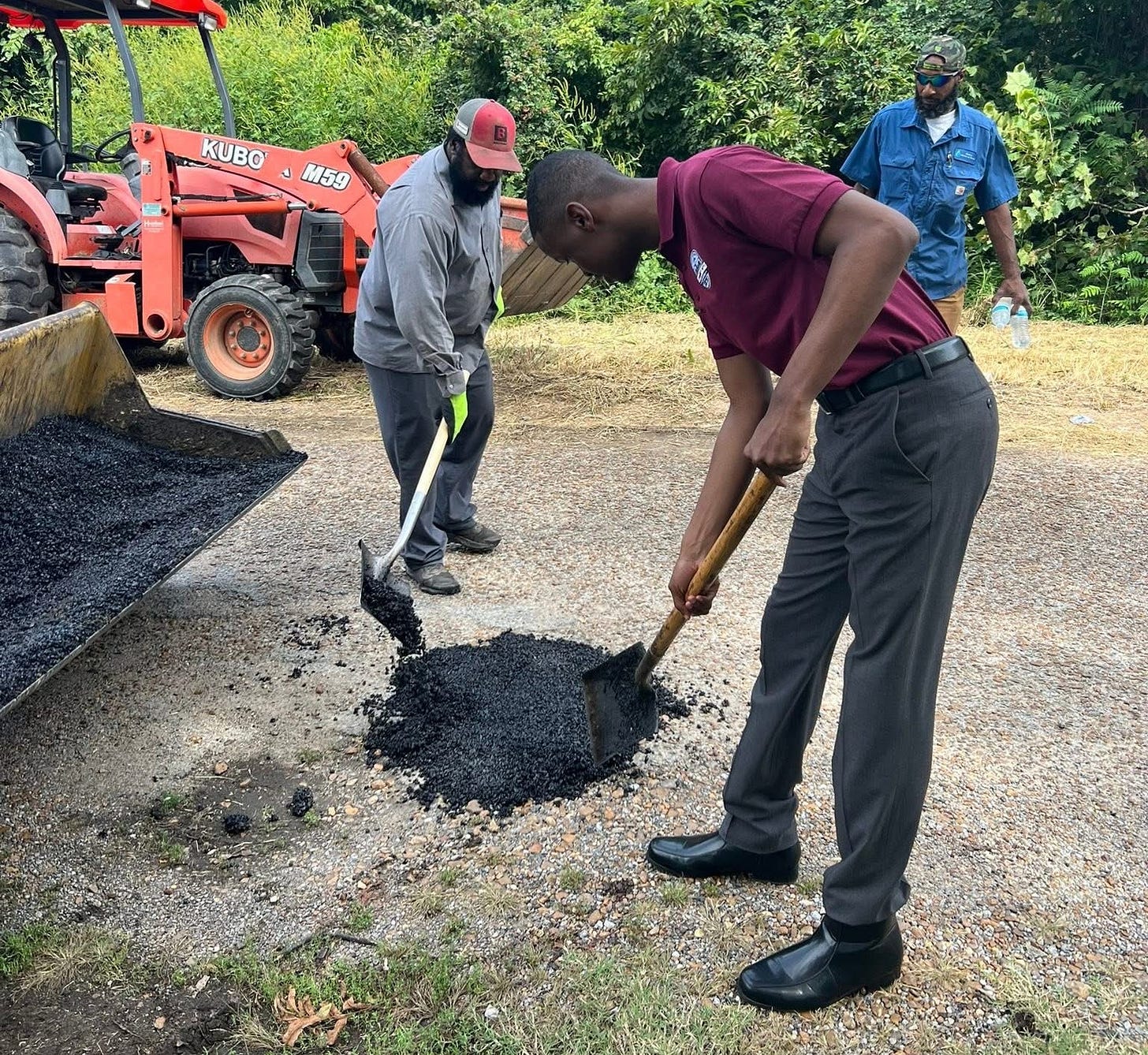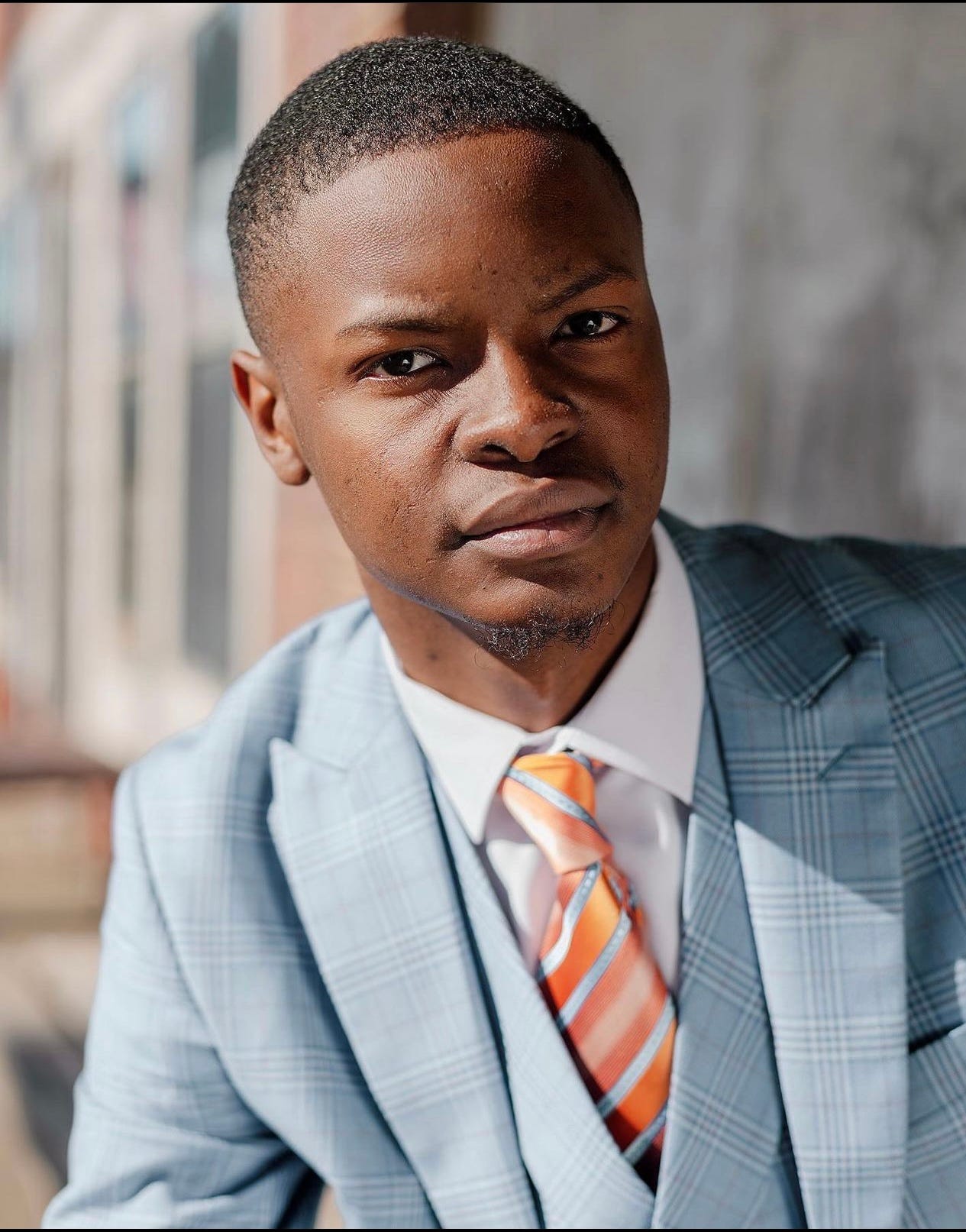From High School to City Hall at 18: Meet America’s Youngest Mayor
In our “In the Spotlight” series, we speak with Jaylen Smith, the youngest Black mayor in U.S. history, on leading his hometown, pushing for progress, and proving age is no barrier to impact.
At just 18 years old, Jaylen Smith made history — becoming the youngest Black mayor in U.S. history after winning the 2022 mayoral race in Earle, Arkansas. While most high school graduates are focused on college or first jobs, Jaylen was stepping into city hall, determined to revitalize his community and lead with heart.
As part of our new “In the Spotlight” series, where we interview some of the most inspiring young voices from across the world — from youth leaders and activists to rising political changemakers — Jaylen spoke with Youth Observer about what pushed him to run, how he balances school with civic duty, and why this is only the beginning.
1. At 18, you became the youngest Black mayor in U.S. history. What inspired you to run for mayor of Earle, Arkansas, right out of high school?
Honestly, it came from a desire to see real change — and not just talk about it. I’ve always loved my community, but I saw needs being overlooked and potential going untapped. I knew if I waited for someone else to step up, we’d just keep getting more of the same. I believed in Earle, and I believed that young people like me could lead with fresh eyes and bold ideas.
2. You’ve said you wanted to “be the change” for Earle. What specific challenges, like the lack of a grocery store or public safety concerns, drove you to take on this role?
The biggest thing was access. We didn’t have a local grocery store. Our seniors and families had to travel miles just to get basic necessities. Public safety and infrastructure were other concerns — from street lighting to cleaning up abandoned properties. I wanted to tackle issues that directly impact quality of life. People deserve to live in a community they’re proud of.
3. How did your experience as student government president at Earle High School prepare you for the responsibilities of being a mayor?
Being student government president taught me how to listen, lead with integrity, and speak up — even when it’s uncomfortable. It showed me how to advocate for others, build consensus, and stay organized. I had to bring people together to get things done, and that’s the same energy I carry into city hall.
4. Some residents were skeptical about your age and lack of experience. How did you convince voters to trust you, and what advice do you have for young people facing similar doubts?
I didn’t try to act like I had all the answers — I showed that I was willing to work for them. I talked to people, knocked on doors, and asked questions. I listened before I led. Over time, people saw my heart and my hustle. For young people: your age doesn't disqualify you. If anything, it’s your strength. Believe in your calling — and be willing to prove it through action.
5. You’ve met key figures like Vice President Kamala Harris and other prominent leaders. Which leader, past or present, do you look up to the most, and how have they influenced your approach to leadership as mayor?
Dr. Martin Luther King Jr. is one of my biggest inspirations. He led with purpose, grace, and courage, even in the face of doubt and danger. He didn’t wait until he had a title — he served from where he was. That mindset reminds me to lead with humility, focus on service, and never forget who I’m fighting for.
6. Can you walk us through what a mayor’s duties look like in a small town like Earle? What’s the most surprising or challenging part of your day-to-day responsibilities?
In a small town, you wear many hats. I’m in meetings about roads, budgets, community events, and even helping residents with personal concerns. Sometimes I’m cutting ribbons — other times, I’m cutting red tape. The most surprising part is how hands-on it is. The most challenging is making change with limited resources, but that’s also where creativity kicks in.
7. Balancing college at Arkansas State University Mid-South with mayoral duties must be intense. How do you manage your time, and what’s a typical day like for you?
Time management is everything. I wake up early, keep a strict calendar, and surround myself with a strong support team. A typical day might include class in the morning, meetings at city hall in the afternoon, and community calls in the evening. I’ve learned to prioritize what matters and give my full focus to the task in front of me.
8. You’ve prioritized revitalizing Earle’s economy and infrastructure, like bringing back a supermarket. What progress have you made, and what obstacles have you faced?
We’ve made real strides in cleaning up blighted areas and attracting investment interest. The process of bringing back a grocery store is ongoing, but I’m committed. The biggest obstacle is funding — small towns often get overlooked. But I’ve been working with state and federal partners to bring new opportunities to Earle. Progress may be slow, but it's steady.
9. As a member of Generation Z, how does your perspective differ from older leaders, and how does it help you address Earle’s challenges?
Gen Z brings a mindset of innovation, urgency, and inclusion. We’re not afraid to challenge the status quo. I use technology to communicate with residents, streamline city functions, and connect Earle with the wider world. I respect the wisdom of older generations, but I also believe it’s time for fresh ideas and bold solutions — that’s where my generation thrives.
10. You’ve spoken about inspiring other young people to get involved in their communities. What message would you share with our readers who want to make a difference but feel they’re “too young”?
You are not too young — you are right on time. If you see a need, you were probably meant to meet it. Your voice matters. Your ideas are valuable. Don’t wait for permission to lead. Start where you are, use what you have, and let your passion drive your purpose. Someone is waiting on your obedience.
11. You’ve attended the U.S. Conference of Mayors and met with other Arkansas mayors. What’s the most valuable lesson you’ve learned from other leaders?
The biggest lesson is this: every community, big or small, wants to be heard, seen, and invested in. I’ve learned the value of collaboration — that real progress happens when we share knowledge and support each other. I’ve also learned that transparency, communication, and consistency build trust. No matter the city size, leadership principles stay the same.
12. You’ve mentioned aspiring to become a prosecutor or even president one day. How does your current role as mayor shape your future ambitions, and what’s your next step?
Being mayor has shown me the power of local government to change lives — and it’s given me a clearer vision for long-term impact. I still plan to study law and advocate for justice. Whether that leads to the courtroom or the White House one day, I’ll always remember where I started. My next step is continuing to grow, serve, and prepare — because this is only the beginning.
Follow our "In the Spotlight" series for more interviews with youth leaders, trailblazing activists, and rising stars making their mark on the world just like Jaylen Smith.








This story was very inspiring. Looks like Mayor Smith is trying to do for his small city what will hopefully be done in our major cities by Zohran Mamdani - city owned grocery stores. We know good food leads to better health which is a win/win. Looking forward to learning about the other things Jaylen Smith will do to change the world for the better. This is just the beginning.